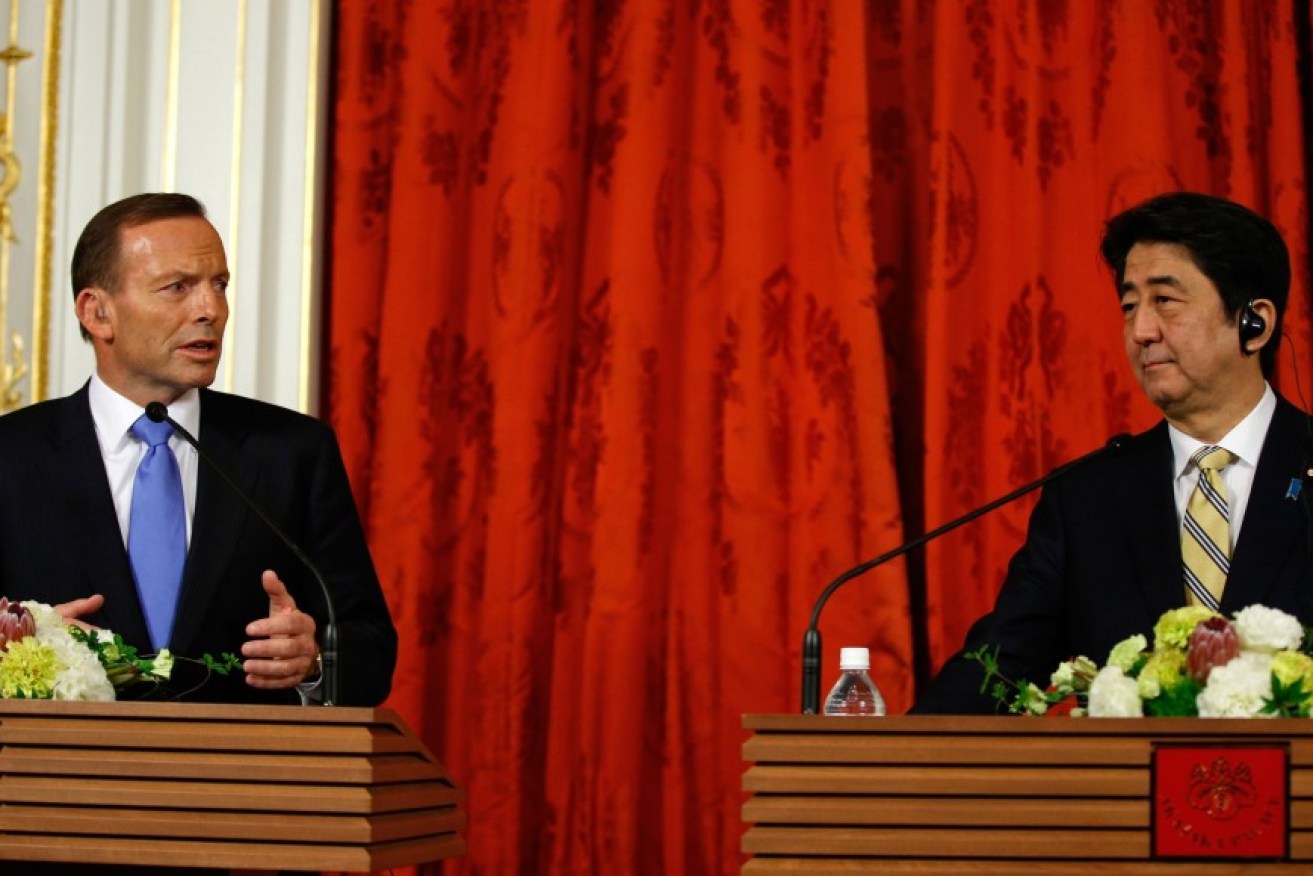Australia’s historic free trade agreement with Japan is a warning bell to the South Australian Government and its backward-looking attachment to subsidising car makers.
It’s now clear that in the key period last year when Premier Jay Weatherill was demanding higher co-investment by government in Holden, Prime Minister Tony Abbott had a broader view of the future.
Subsidising the manufacture of Holdens when most consumers were choosing to buy imported cars wasn’t sustainable.
The Weatherill Government, however, couldn’t see beyond the metropolitan manufacturers; it couldn’t see the opportunities in regional SA and beyond our borders to major trading partners.
In recent years the leading economists at the SA Centre for Economic Studies have been cajoling, warning and encouraging the State Government to get active in regional development.
In fact, the centre’s publicly released Issues Papers 28, 29, 34, 37, 38, 39 and 40 make the case for building on our regional economic strength.
Yesterday’s free trade agreement with Australia’s second-largest trading partner, Japan, shows why it made sense.
The SACES’s executive director, Michael O’Neil, told InDaily in the lead-up to the Japan negotiations that regional development is the key to greater exports.
“Our top five are wheat, wine and then three groups of copper ores, copper concentrates and copper, but the SA public sector has not the intuitional arrangements to look forward, to design a strategic development plan and to play a role in implementing that,” he said.
“I have not heard one word which says ‘this region could be/will be exporting this product, this resource, this processed product in this volume to Asia/ASEAN by year XYZ’.”
He acknowledges that the deal with regional independent MP Geoff Brock was a first step for the State Government.
“Geoff Brock is going to have to have nerves of steel and strong strategic thinkers around him if he wants to impress/achieve anything apart from what the government promised him for his vote.
“Regional development and regional economic development is a lot more than one processing plant at Port Pirie.”
While South Australia retained its focus last year on old car makers, Australia’s federal government had other ideas.
The Japan free trade deal was concluded in Tokyo after days of exhaustive negotiations that ended years of work by Australia’s top federal trade bureaucrats under this government and previous Labor governments.
Trade Minister Andrew Robb, who led negotiations in Tokyo all through the weekend, said it had been tough work getting the deal across the line.
“After seven long years of negotiation, this historic agreement has been concluded,” he told reporters in Tokyo, noting the extent of liberalisation that Japan had conceded.
The agreement will benefit greatly Australian businesses, Australian jobs and Australian consumers, Robb said.
Consumers could expect to save up to $1500 on an average-priced Japanese car once the deal takes effect, as well as access to cheaper electronics.
Australian negotiators had been working around the clock in Tokyo ahead of Abbott’s visit to broker a deal, but concessions from Japan on beef and dairy tariffs remained out of reach.
Before the formal announcement at Tokyo’s State Guest House, Abbott thanked negotiators for working tirelessly to try and secure the best deal possible for Australia.
The agreement would bring cheaper Japanese manufactured goods to Australia, and allow greater volumes of high-quality food products to flow the other way.
“More trade will make both countries richer and our relationship even stronger,” he told Japanese Chamber of Commerce and Industry function in Tokyo.
“Eventually, this will be seen as a milestone in our relationship.”
It is the second free-trade deal Abbott has clinched since taking office in September, and brings him a step closer to fulfilling his election promise of signing agreements with Japan, South Korea and China within a year.
Premier Jay Weatherill will join Abbott’s delegation to China tomorrow.
Before he leaves, he might want to read the SACES issues papers and the recently released policy paper by University of SA economists at the Ehrenberg-Bass Institute, titled Chasing The Dragon.
The future is already here, and South Australia has some catching up to do.





